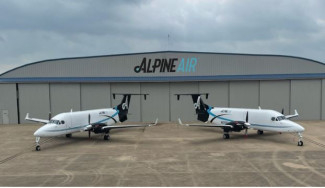Delta Deploys Facial Recognition at Detroit Airport
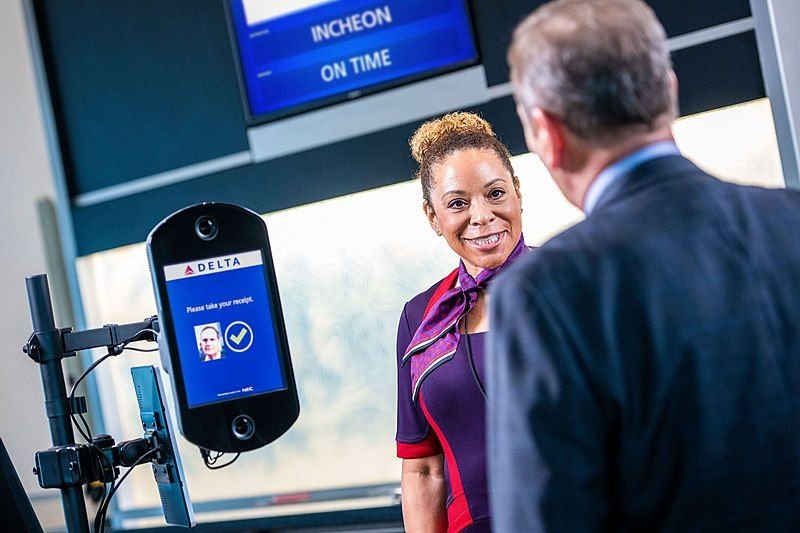
Back in 2019, facial scanners started popping up across the United States. Of these early biometric face scanner systems, several were implemented by the U.S. Customs and Border Protection, or CBP. According to the organization, the facial recognition technology streamlined security and improved accuracy.
Since then, major airlines, such as Delta, have started using similar systems in domestic travel areas at select airports. In this article, we take a look at the newest facial recognition system and disclose how this technology may have an impact on pilots.
What Are Facial Recognition Scanners?
Similar to eye and fingerprint scans, facial recognition use each individual person’s unique characteristics to approve someone for travel. The scanner takes an image of a person’s face, and the software compares this image to a previous picture. If the images match, the person in question is permitted to move ahead to the next location.
Of course, facial recognition software requires a previous photo to make a match, so any pilots, personnel, and passengers would need to submit approved images beforehand. These pictures would then be shared with the Department of Homeland Security and other airports involved in the same facial recognition program.
Theoretically, this could hasten the security process and reduce TSA lines as passengers only have to wait a few seconds to have their pictures taken.
Objections to Facial Recognition Technology
The primary objection to facial recognition technology is the concern over privacy. Any device that scans your precise facial profile could potentially store that information indefinitely or send the image elsewhere.
Identity theft is a growing concern as more and more people live with their identification and valuable information stored in the digital space. And as organizations like Google and Facebook grow into unchallengeable behemoths on the back of microtargeting and personalized algorithms, more and more activists are becoming concerned with the role of surveillance and data collection in our society.
Currently, individuals can opt out of facial recognition programs due to privacy concerns.
In addition to privacy concerns, the facial recognition software disproporationately misidentifying women and people of color. Although disproportionality isn’t proof of intentional discrimination, the result may still be one of discriminatory impact.
Due to these issues, organizations, such as the following, have called for a federal ban of facial recognition technology:
-
Greenpeace
-
MoveOn
-
Electronic Privacy Information Center
-
Fight for the Future
In a statement issued by the Deputy Director of Fight for the Future, Evan Greer notes “We’ve already seen high-profile data breaches where airport facial recognition databases were hacked and exposed.”
Greer also noted “There is no real oversight for how a private corporation can use our biometric information once they’ve collected it”.
Delta Air Lines Facial Recognition Programs
To-date, Delta has a facial scanning system at LAX and another at the Hartsfield-Jackson’s Maynard H. Jackson International Terminal. Akin to the original set ups, airport goers can opt out of the system, and a similar critique has erupted in response to deployment.
Delta appears to have plans in the works to expand the facial recognition program to all feasible facets and locations. According to Bill Lentsch, Chief Customer Experience Officer at Delta, this business decision is being done to establish a “more touchless airport experience.”
-
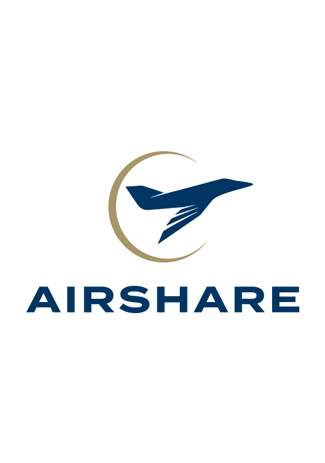
Airshare 07/22/2024
-
Alpine Air 07/18/2024
-
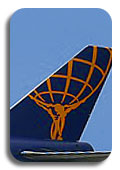
Atlas Air 07/17/2024
-
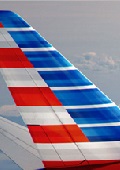
Piedmont Airlines 07/10/2024
-
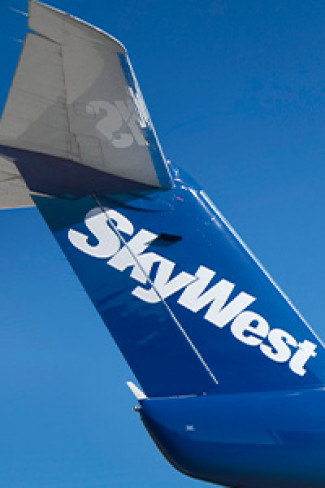
SkyWest 07/09/2024
 AIRLINE PILOT CENTRAL
AIRLINE PILOT CENTRAL